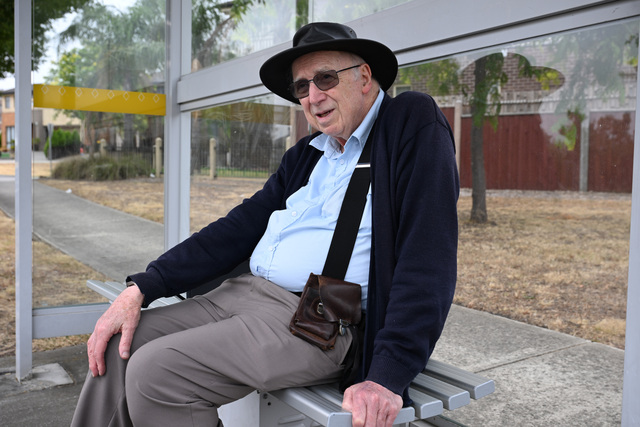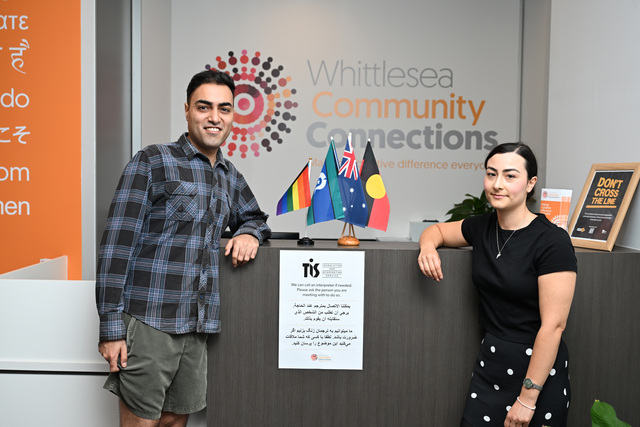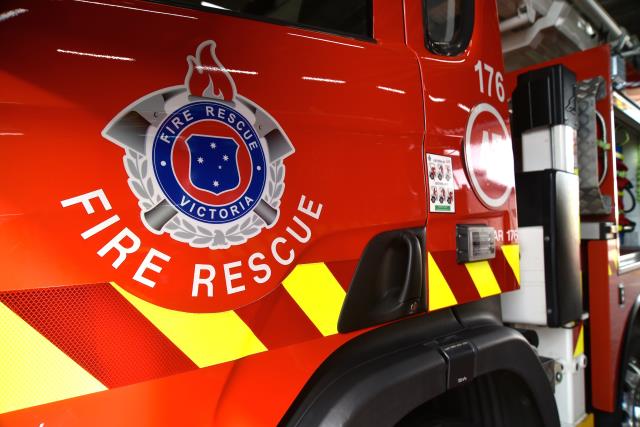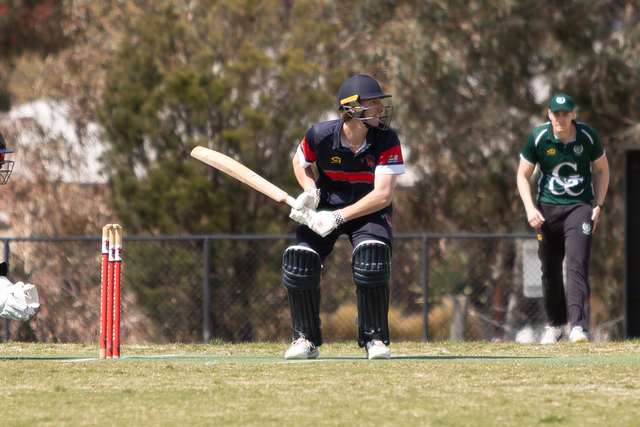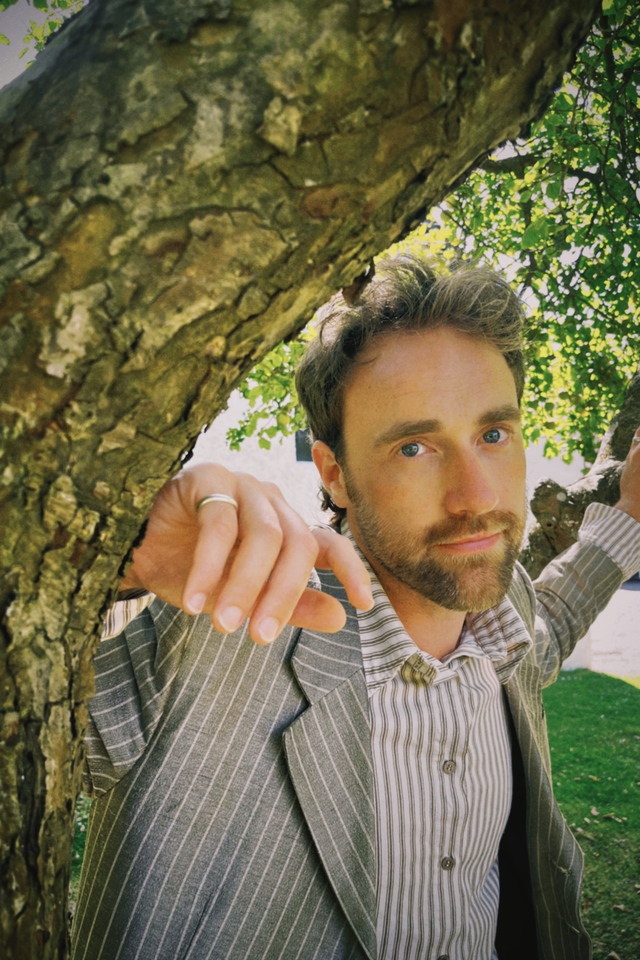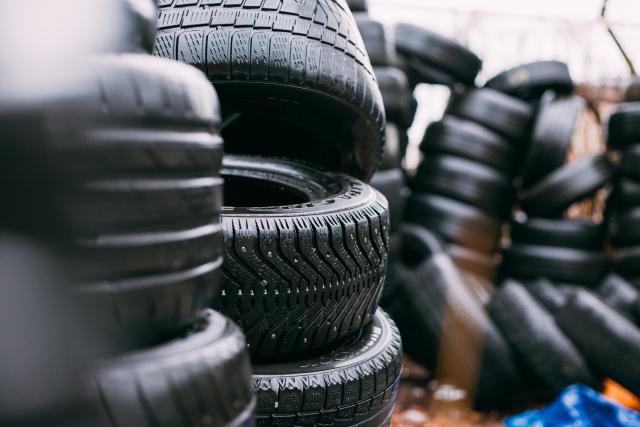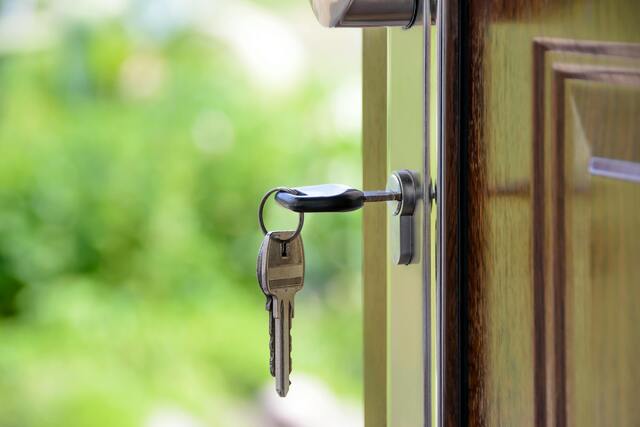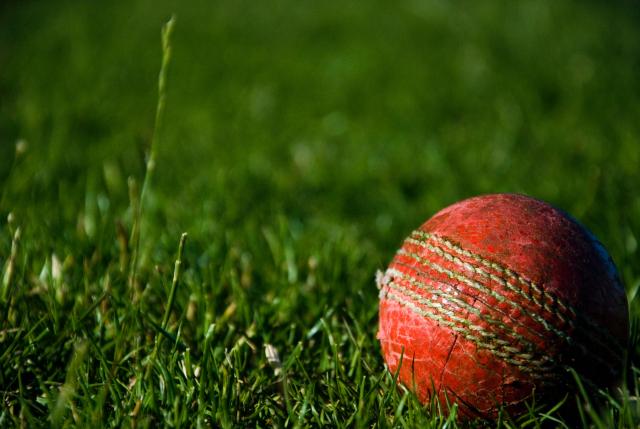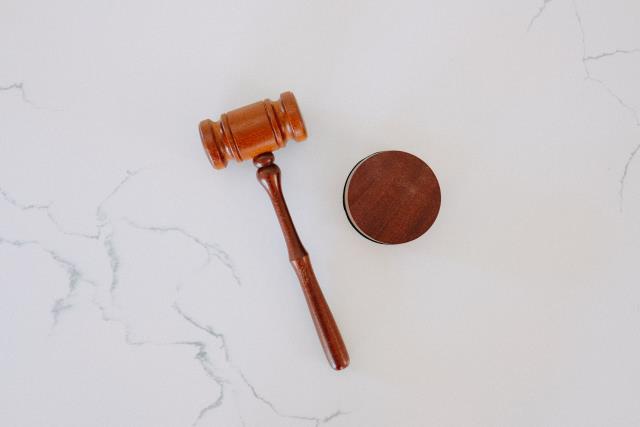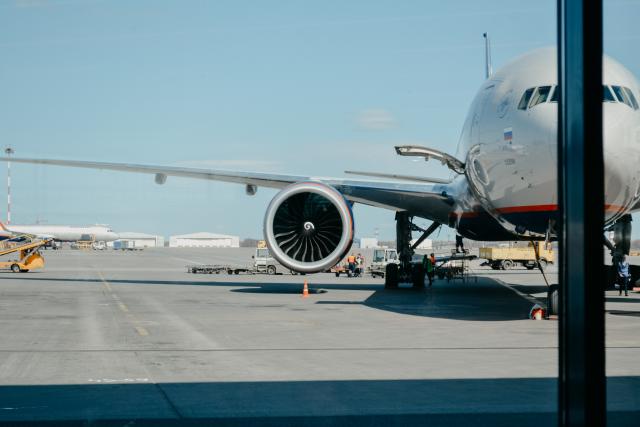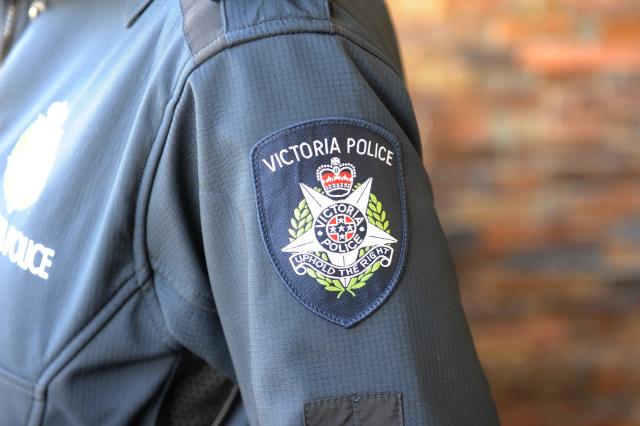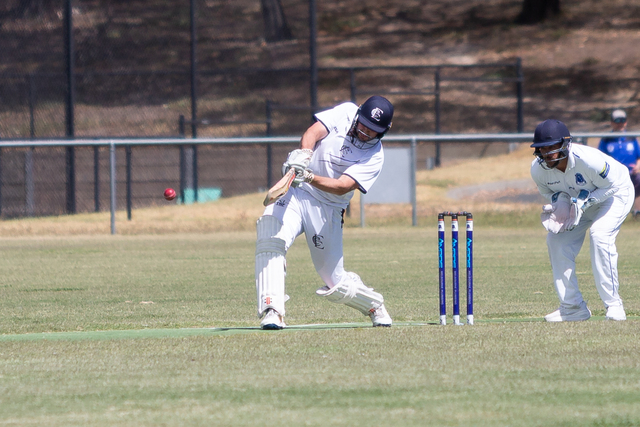Teachers across Melbourne’s north-west may have to vacuum their own classroom floors, cleaners are warning, following a new deal which could slash their contract hours by more than 50 per cent.
In a major shake-up of cleaning contracts, the state government has awarded companies Serco and Tradeflex contracts for 2024.
Serco and Tradeflex contracts will run from January 15 to Christmas Day 2024 and will replace ISS Facility Services, whose contract formally ends on December 22, the United Workers Union (UWU) has said.
Star Weekly was told several of the existing cleaners have had large reductions in hours, not yet been offered contracts or been offered only verbal contracts following the change of providers.
Mick Lynch has been a leading hand cleaner at a western suburbs school for three years and received his new contract from Serco on December 11, reducing his hours in half.
“I’ve got seven days to sign… accept or decline,” he said. “I do six hours a day and they’ve cut it back to three hours a day.
“I’m a leading hand, they’ve taken that off… and they’ve turned around and said you’re going back to a level one [from a level two]. We’ve got a massive school we’ve got to try and clean.
“The ones that are going to suffer are going to be the children and the teachers in the classrooms.
“They might have to finish up vacuuming their own floors, that’s how bad this is going to get.”
Not only are the cleaners facing having their hours being cut in half, but Mr Lynch said they will lose income from the public holidays during this period due to the gap in the contract changeover.
“[The new contractors] are not starting anybody until after the New Year,” he said.
“Which means that nobody gets their Christmas holidays or New Year holidays. They’re basically starting straight off from January 15.
“They are putting a lot of pressure on these cleaners just before Christmas and it’s… doing some serious damage. People are stressing big time.”
UWU property service organiser Corey Matthews said the contract change from ISS to Serco in the west will affect 104 schools and 290 cleaners by UWU’s count, in the federal electoral divisions of Lalor, Gellibrand and Maribyrnong.
In the north, the change to Tradeflex covers 118 schools and 286 cleaners by the UWU’s count in Jagajaga, Scullin, McEwen and Cooper, he said.
“Serco has only put out the contracts and given hours to people after we’ve been pushing them,” he said. “At about 5pm [Monday] they started sending out people hours.
“This is where Mick’s story comes in. Currently [Mick] is earning $1024 before tax, working 48 weeks a year. His new wage would be $469.35 a week, 42 weeks paid.
“He’s taken a cut from $49,000 a year to $19,000, [which equates to] losing 60 per cent of his wage.
“For people like him, it’s more than a job. He’s clearly a member of the school community and he’s well loved.
“Mick can’t continue at this wage. Which is a similar story we’re hearing from all of our members that are contacting us.”
Mr Matthews said UWU is not aware of any cleaners being offered more than four hours of work a day for Serco. He agreed with Mr Lynch that cutting back these hours will majorly affect the cleanliness of the school.
“Even before ISS left, we were already dealing with workload issues at these sites,” he said.
“Most cleaners have four hours as it is and to be cut back further than that, it can’t be done. It’s impossible.
“Already a lot of these cleaners stay back extra hours… not because they feel forced to but because they want their school to be clean. It’s their community.”
For Tradeflex, Mr Matthews said the main problems are that cleaners have not been offered contracts yet or they have been offered verbal agreements.
“We are still seeing cuts across the board [but] not as serious as Serco,’ he said. “Some are getting more hours, but they’d be responsible for multiple schools instead of one.
The UWU’s advice has been that the department’s expectations to Serco and Tradeflex were for a smooth transition, no reduction in hours or levels of pay, nor services.
Mr Matthews said public school cleaners have been outsourced since the Kennett government in the 1990s and the current situation is evident of the inherent flaws with the contractor system.
“Essentially going into the last election, the government promised that they will be doing a review into school cleaning. [This is] from the unions ask to directly employ the school cleaners.
“That review (the School Cleaning Review Working Group) came out with only one recommendation. That the current contractor model is broken.
“The only solution would be to bring all the cleaners in house directly employed by the government.”
He said this direct employment model is currently in place in Western Australia, Tasmania, the ACT and Queensland.
“It’s ended up being cheaper for the Queensland government, and with better outcomes,” he said. “Victoria is lagging behind.”
A Department of Education spokesperson said they are exploring opportunities to further strengthen the delivery of cleaning services in government schools.
“We are facilitating the transition and actively working with the service providers to ensure a smooth process for schools and cleaning staff, which will be in place until late December 2024,” they said.
A spokesperson for Tradeflex said they have actively reached out to ISS employees to offer the opportunity to meet and discuss working with Tradeflex.
“[Tradeflex] is offering all candidates, including these former ISS workers, a range of permanent full time and part time work, based on the shift requirement per school and the level of experience required,” they said.
“Recruitment remains in progress and we hope to complete this process by the end of December.”
Serco was contacted for comment.



